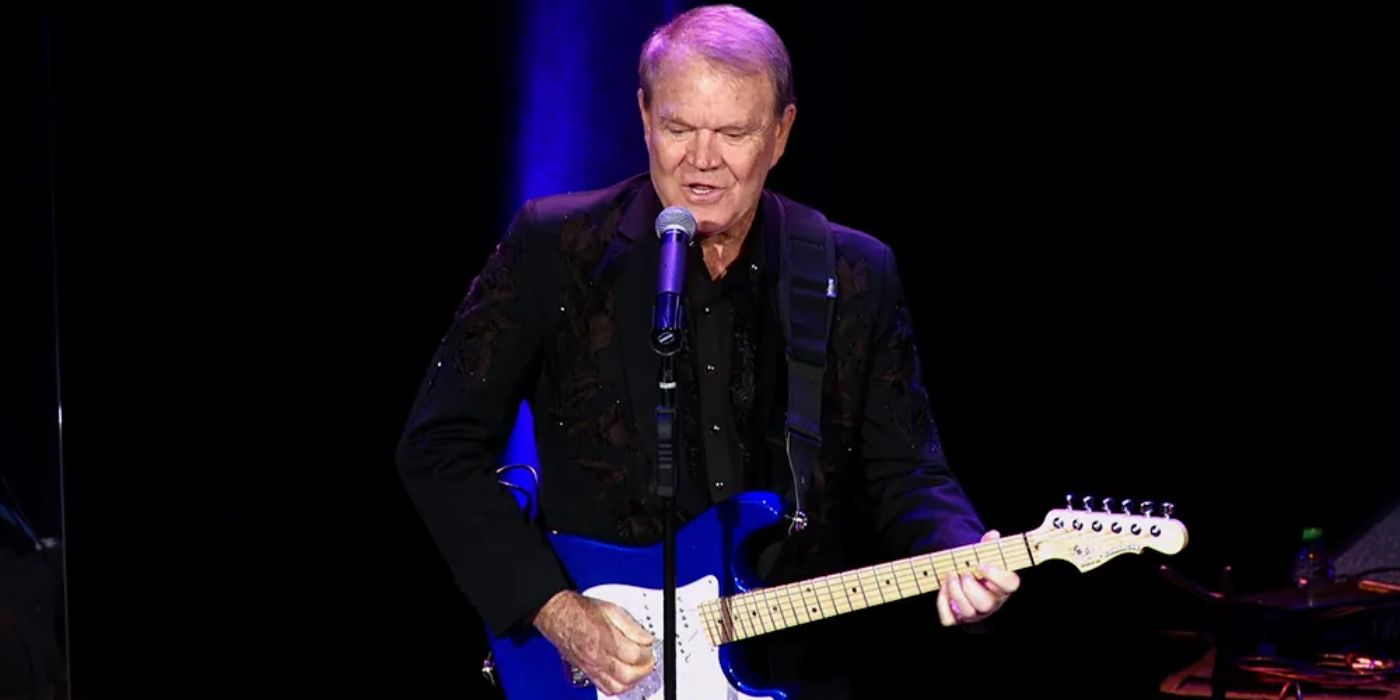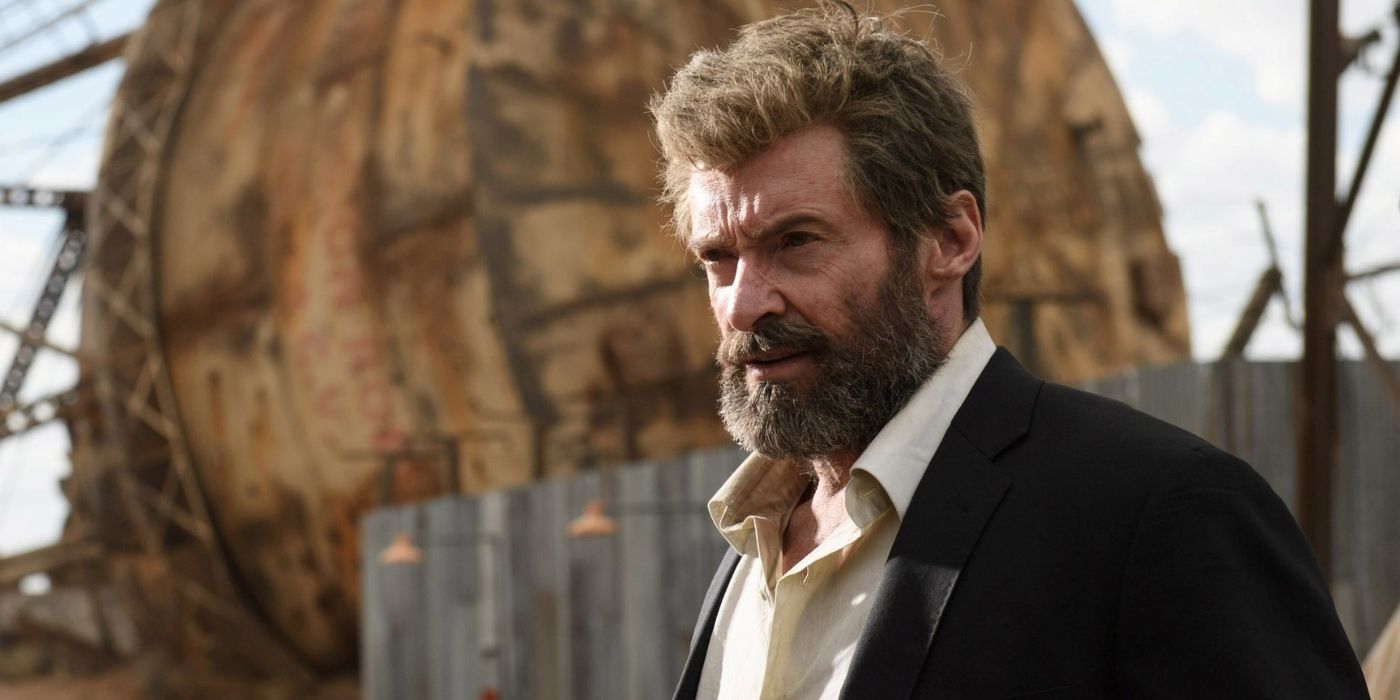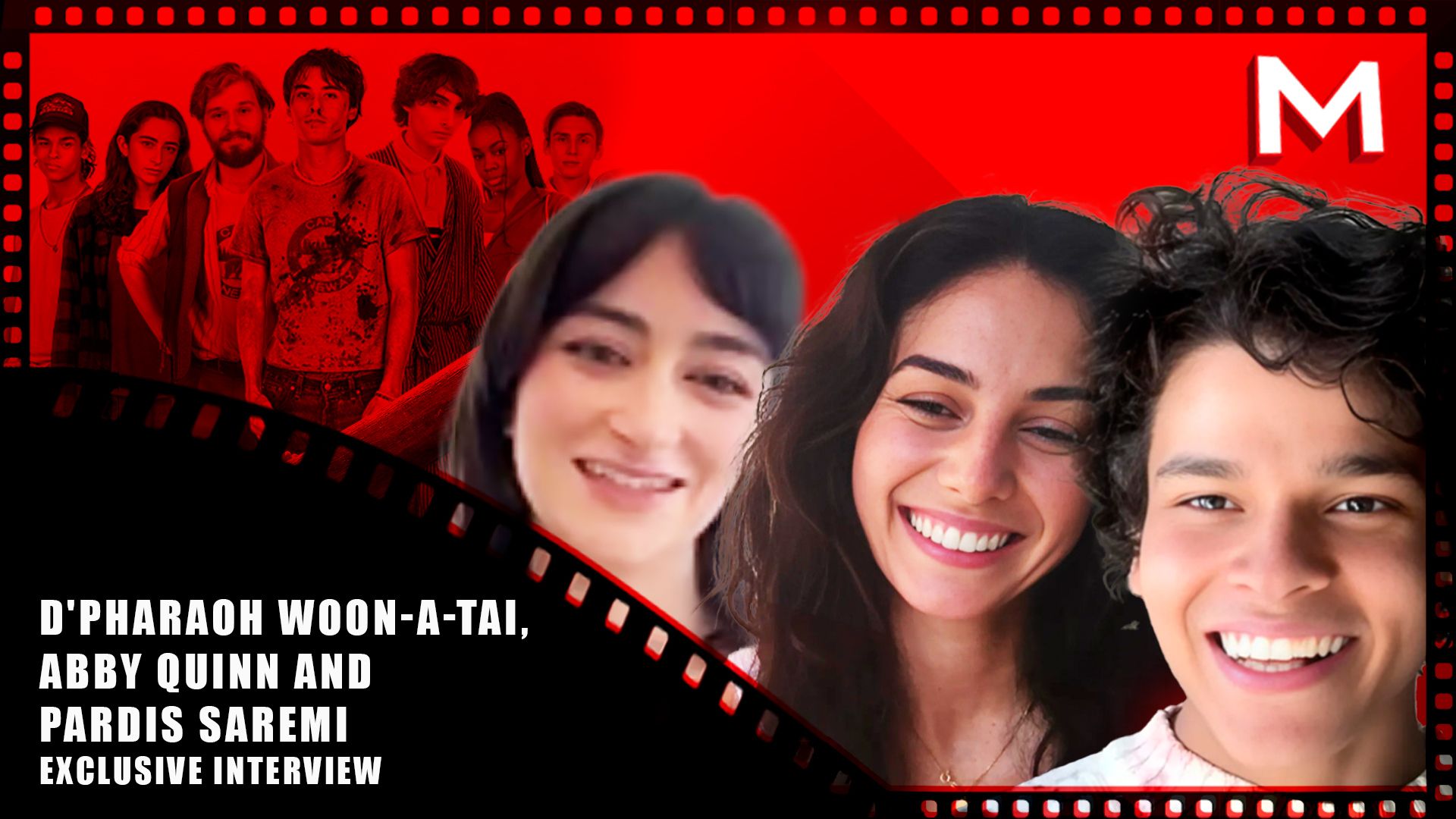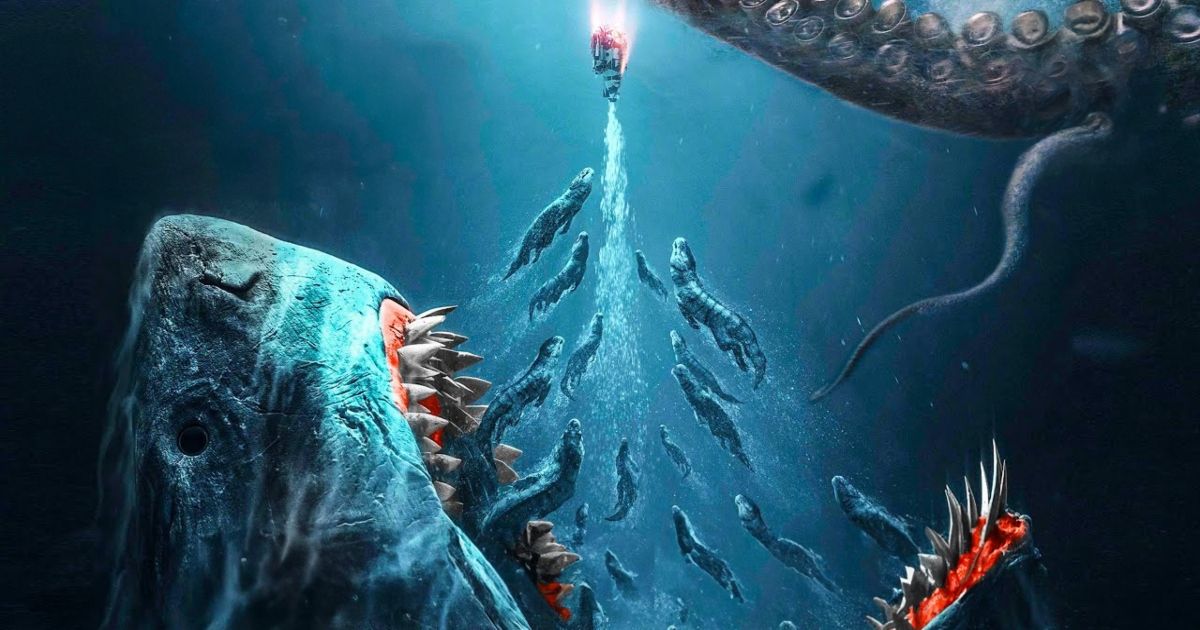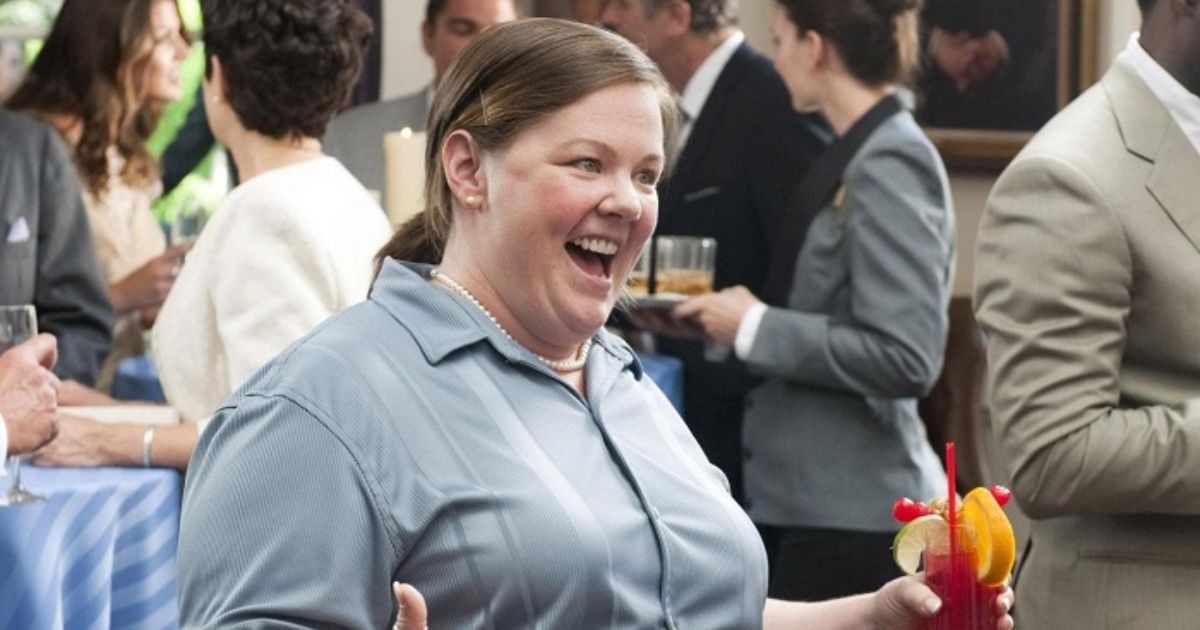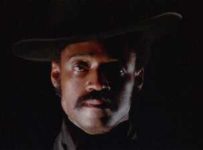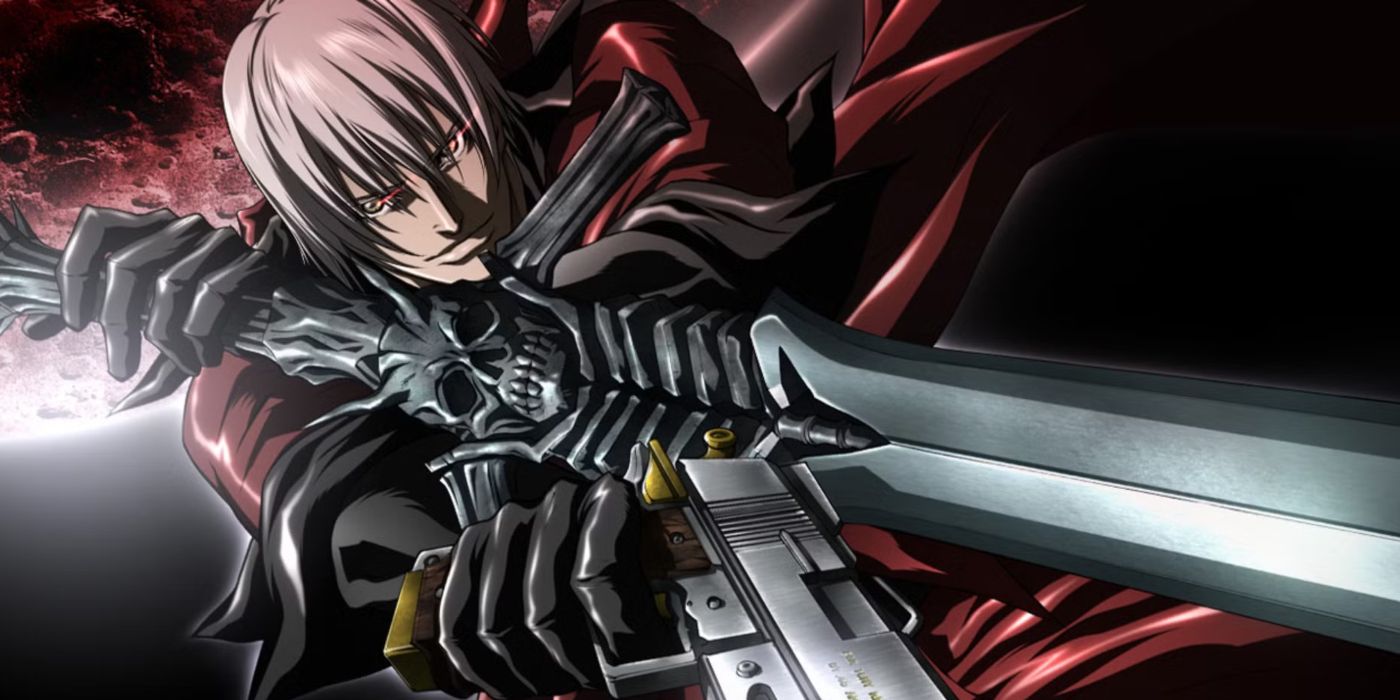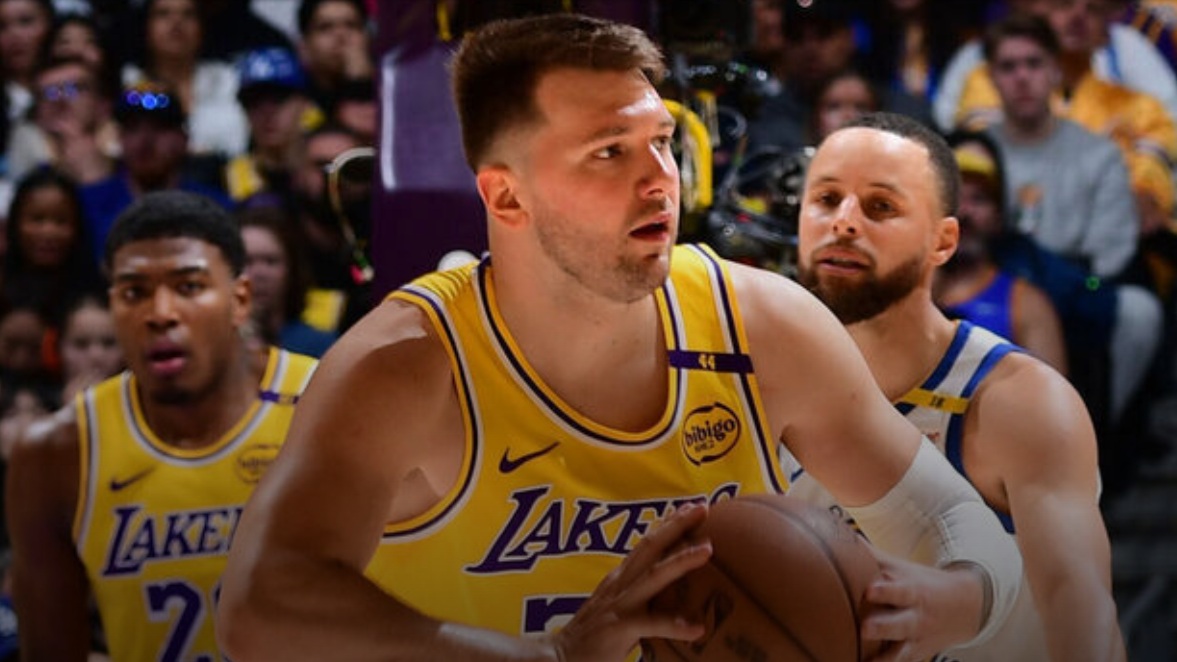Sammy will learn that life may not be like the movies, but we use the movies to hold onto life, and to help us understand life. Spielberg co-wrote “The Fabelmans” with his “West Side Story” scribe Tony Kushner, and the screenplay is a graceful gem, moving through different chapters of the life of this relatively average family that would just happen to produce an unaverage filmmaker. Sammy learns hard lessons about his family and there’s a stunning centerpiece sequence in which the very thing he loves is what forces him to look at everything him in a new light. Judd Hirsch has an amazing single scene early too as a relative who warns Sammy that family and art don’t mix, and one wonders if that conversation is why it’s taken Spielberg so long to tell his own story, even if he’s also subtly been telling parts of it his whole career.
Of course, Spielberg knows how to cast and hire, and the team around him here is perfect, including masters like John Williams and Janusz Kaminski, both doing top-tier, impeccable work. As for the cast, Dano underplays the workaholic father who worries that his son’s hobby won’t get him a real job. Rogen is charming in his scenes as the outsider who admires Sammy’s passion and wants to feed it. LaBelle is a breakout star in the making, especially in later scenes in which he becomes even more centrally focused. And then there’s Michelle Williams. It feels like she knew that this is the part that will lead all the highlight reels for her career. She has been so good for decades now, but she goes for broke with Mitzi and absolutely captivates with every decision she makes. She fundamentally understands this character, a woman who feels increasingly trapped in her own mundane existence and can’t comprehend why she’s not allowed happiness. She will break your heart. And then the power of movies will put it back together again.
Spielberg had never played a film at TIFF, but Rian Johnson is a vet. Three years ago, he premiered “Knives Out” at the Princess of Wales in Toronto, and he returned tonight with its sequel “Glass Onion,” a film that really goes by the sequel model of “bigger, faster, more” theory of follow-ups. That’s not meant to be as much of a knock as it sounds, although there will be some who argue that the first film is breezier and that whodunits really shouldn’t clock in at 140 minutes. They’re not really wrong, and yet there’s just SO much to savor in this movie—so many sharp turns, beautiful settings, clever lines, and playful performances. In many ways, it’s a more “fun” movie than the first—one can feel the joy that everyone on set had as they stepped into Johnson’s puzzle of a screenplay and played their piece.
You can view the original article HERE.





